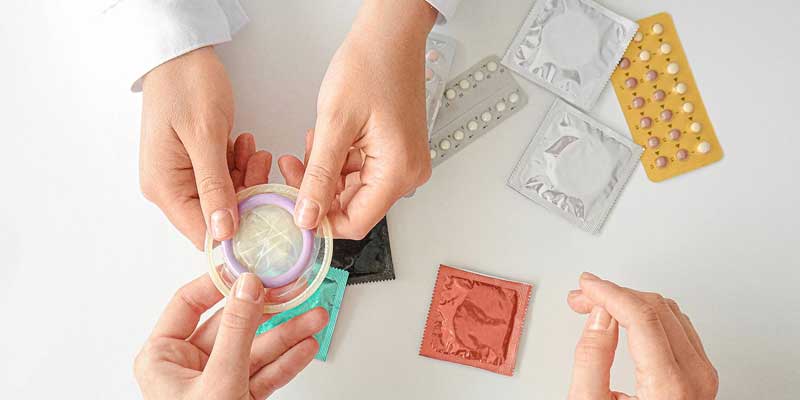
Menopause is when periods stop for good. It's diagnosed after 12 months without a menstrual period, vaginal bleeding or spotting. Menopause can happen in the 40s or 50s.
Menopause is natural. But the physical symptoms, such as hot flashes, and emotional symptoms of menopause may disrupt sleep, lower energy or affect mood. There are many treatments, from lifestyle changes to hormone therapy.
1.Perimenopause: This is the transitional period leading up to menopause, where hormonal changes begin. Women may experience irregular periods, hot flashes, mood swings, and other symptoms during this time. Perimenopause can last several years.
2.Menopause: The point when a woman has not had a menstrual period for 12 consecutive months. This is when the ovaries have largely stopped producing eggs and levels of estrogen and progesterone have significantly decreased.
3.Postmenopause: The period after menopause has occurred. Symptoms like hot flashes may continue for some time, but they generally decrease in intensity. Postmenopausal women are at an increased risk for certain health conditions, such as osteoporosis and heart disease, due to the lower levels of estrogen.
Hot Flashes: Sudden feelings of heat that can cause sweating and discomfort.
Night Sweats: Hot flashes that occur during sleep, often disrupting rest.
Vaginal Dryness: Decreased estrogen can lead to dryness, itching, and discomfort during intercourse.
Mood Changes: Hormonal fluctuations can cause mood swings, irritability, and anxiety.
Sleep Disturbances: Insomnia and other sleep issues are common.
Weight Gain: Many women experience weight gain, particularly around the abdomen.
Thinning Hair and Dry Skin: Changes in hormone levels can affect skin and hair.
2024 Dr. Prabhjot Manchanda Designed and Developed by EDM